
Opinions
10:35, 19-Dec-2017
Experts: China’s emergence does not have to be a threat of the US
CGTN
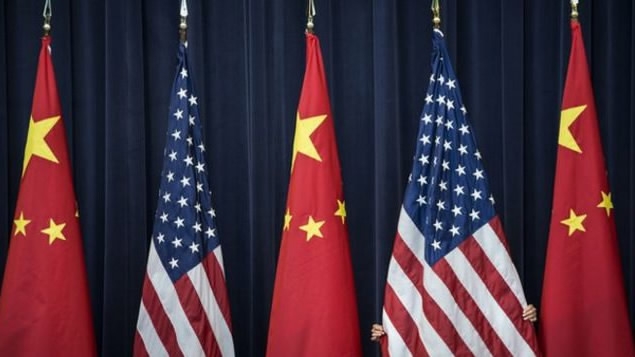
President Donald Trump's new national security strategy seeks to refocus the United States' relationship with China, Russia and the rest of the world, transforming his "America First" mantra into a set of policies and plans for protecting the homeland and advancing its economy.
Michael Johns, co-founder of the US National Tea Party Movement, argues Trump has defined what superpower means. First, it is persistent with Trump's promises during the election campaign. Secondly, Johns argues the new security policy can be defined as strategic realism – it acknowledges the US as the world champion while admitting the limits of US power.
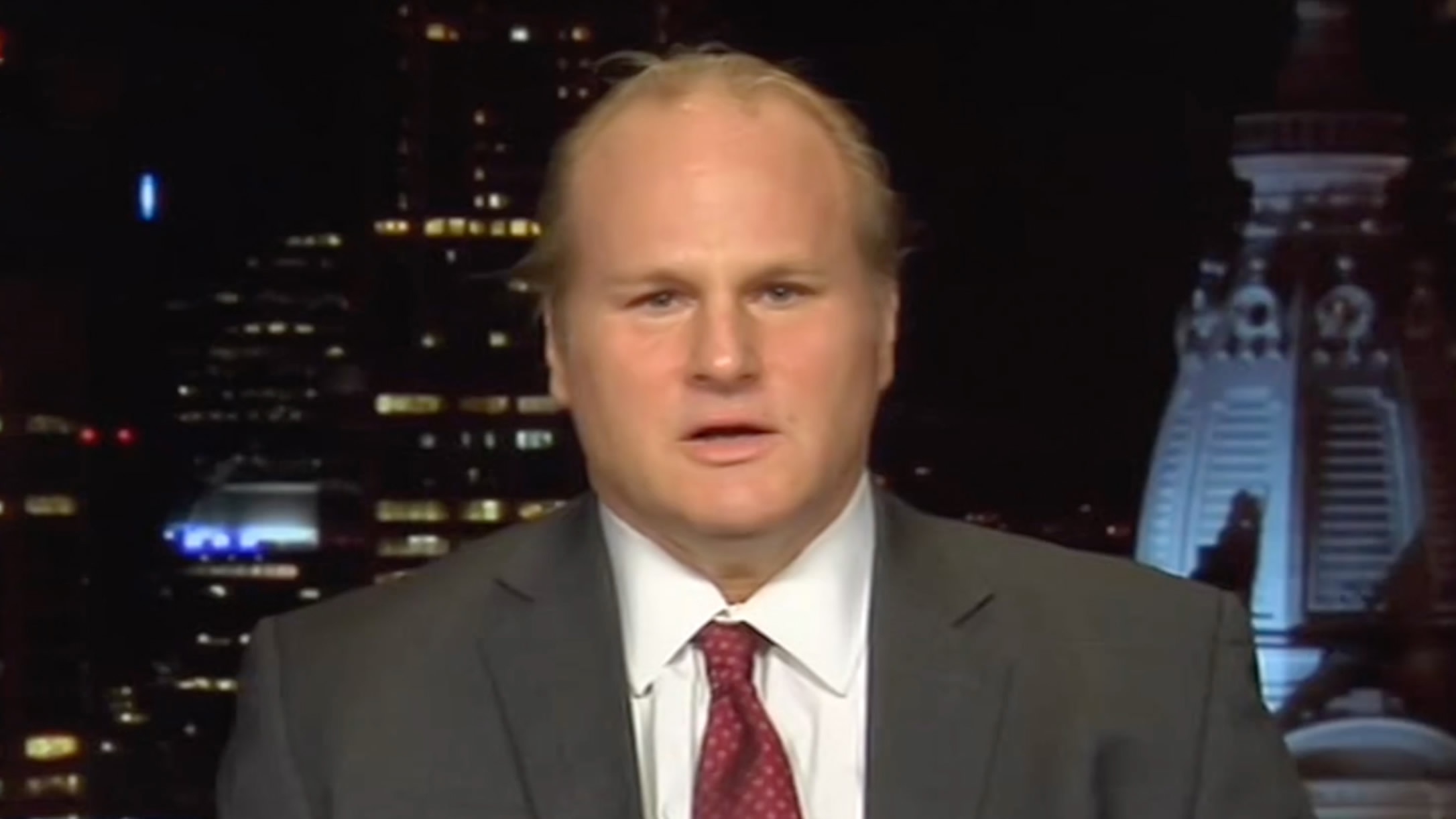
Johns argues Trump is attempting to break from the historical neoconservative ideology – promoting democracy around the world – and instead will embrace the US interests.
Trump has addressed China and Russia realistically, Johns argues. Trump defines them as rivals instead of enemies, which is a very concrete position to take, he elaborates. It shows clearly what other countries can expect from the Trump administration, which means predictability and stability, he added. Trump has defined America's strength in a limited way and has given a realistic vision of the world. Trump says it's an era of cooperation and collaboration with China. He's been very insistent that the US should work with China on a number of issues.
Gao Zhikai, director of China National Association of International Studies, believes Trump's first national security policy is disappointing as it calls China an economic aggressor and a threat to the United States. It will backfire and the Chinese government will strongly protest against such policy, Gao argues. But he said the Chinese government will try to maintain stable ties with the US.
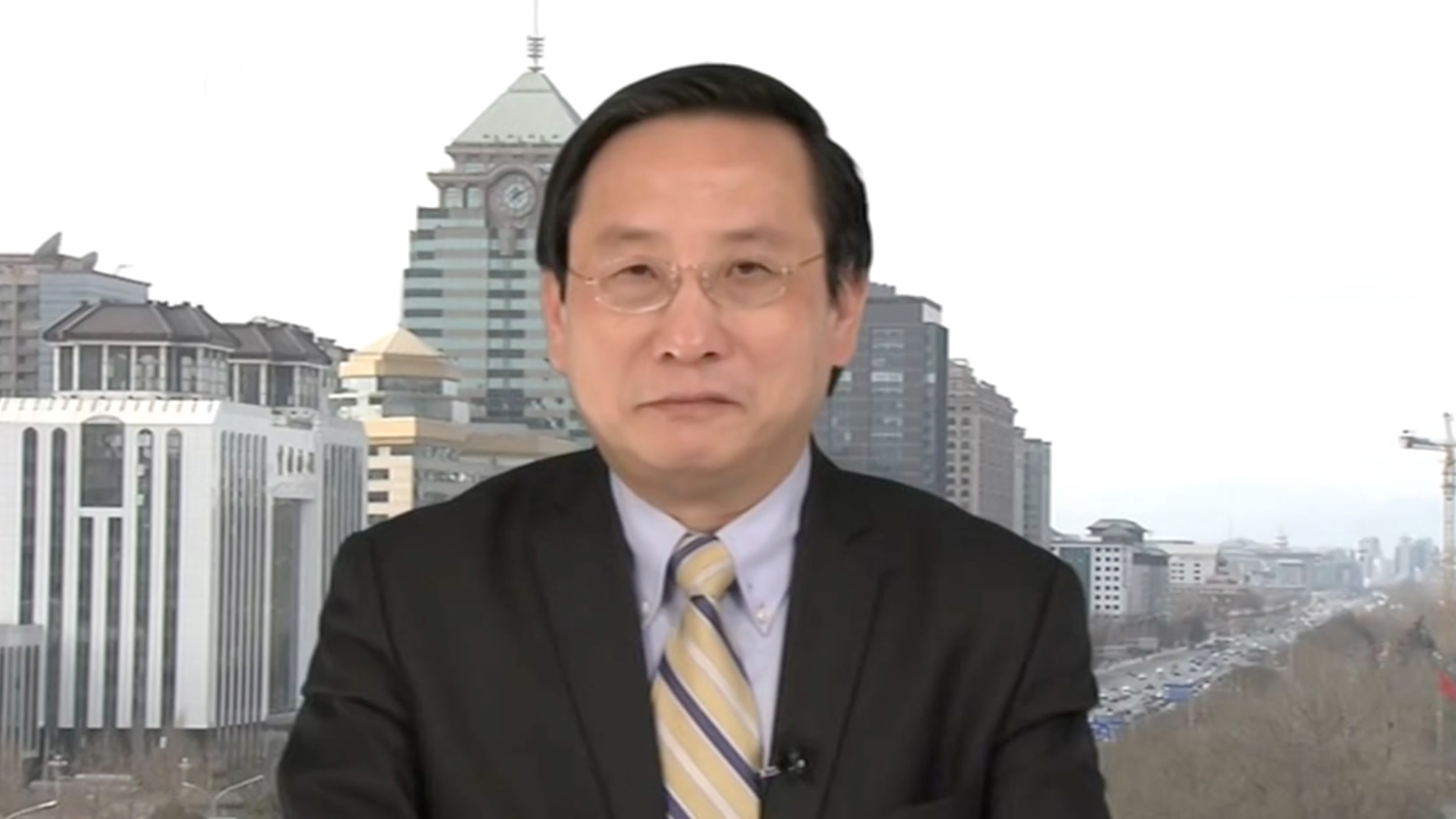
With the personal relationship between President Xi Jinping and President Trump seems to be improving, the new security policy has come as surprise to China, Gao argues.
The policy basically defines one country (referring to the US) that needs to be the world's number one, Gao explains. Any country who attempts to lead the world needs to take responsibility in international affairs, he argues. The US has to recognize the expansion of other powers. China wants to be highly competitive in economy and political affair globally, he goes on explaining.
Any country that wants to say it is the world superpower is ridiculous and that will not be the historical trend, he says.
Brian Becker, an author, analyst and commentator said that when you look at the language of this strategic document from the Donald Trump’s administration, it shows that Russia and China are trying to make the economy less free and less fair, and that Russia and China are expanding their militaries and they are expanding surveillance over their own populations. Becker pointed out that it's a very dark, grave image of Russia and China. These are hostile characterizations of Russia and China.
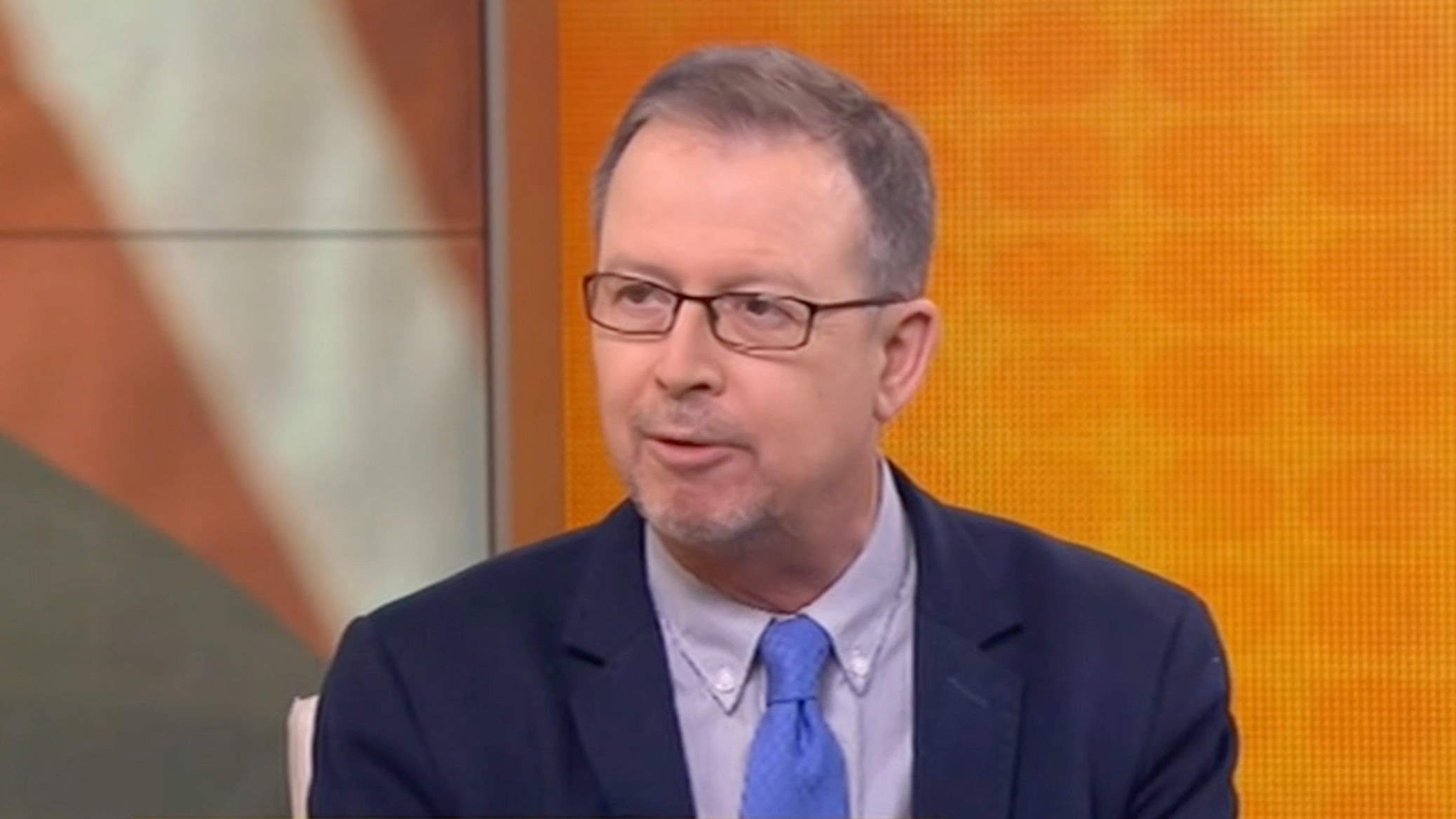
Becker said that Trump represents the unique new voice in American politics that America is fading as an empire. Trump looked at the world in the dark way, but the rest of the world is emerging. He argues that China’s emergence does not have to be the threat of the US. It only appears to as a threat to America if the US insists on unipolar domination. Trump is telling the US people that the reason they are falling behind is not because of their own problems. “That is the bad message both for the world and the American people.” He added.
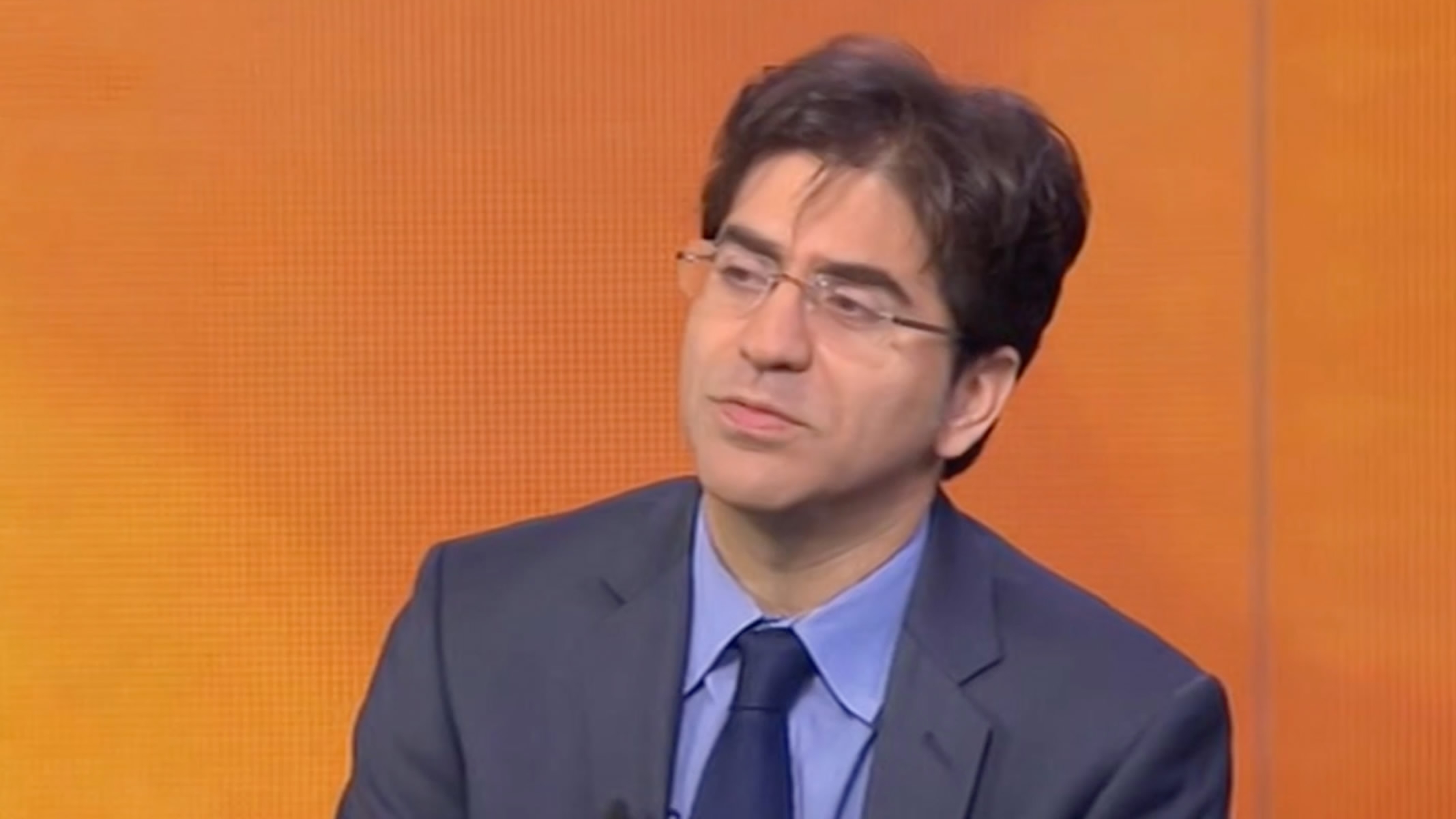
Afshin Molavi, senior research fellow at the Johns Hopkins School said the China-US relationship is certainly the most important geo-economic relationship. There are lots of talks about trade deficits and there is about 120 billion dollars worth of exports that goes from the US to China. After Canada and Mexico, China is the third largest recipient of US exports. China is an important export destination. Not only that, last year there was 46 billion dollars of Chinese investment in the US. He argues it’s not one side getting better of the other side. China makes a lot of goods that American middle classes and some of the working classes need. So it’s much more complicated relationship.

SITEMAP
Copyright © 2018 CGTN. Beijing ICP prepared NO.16065310-3
Copyright © 2018 CGTN. Beijing ICP prepared NO.16065310-3